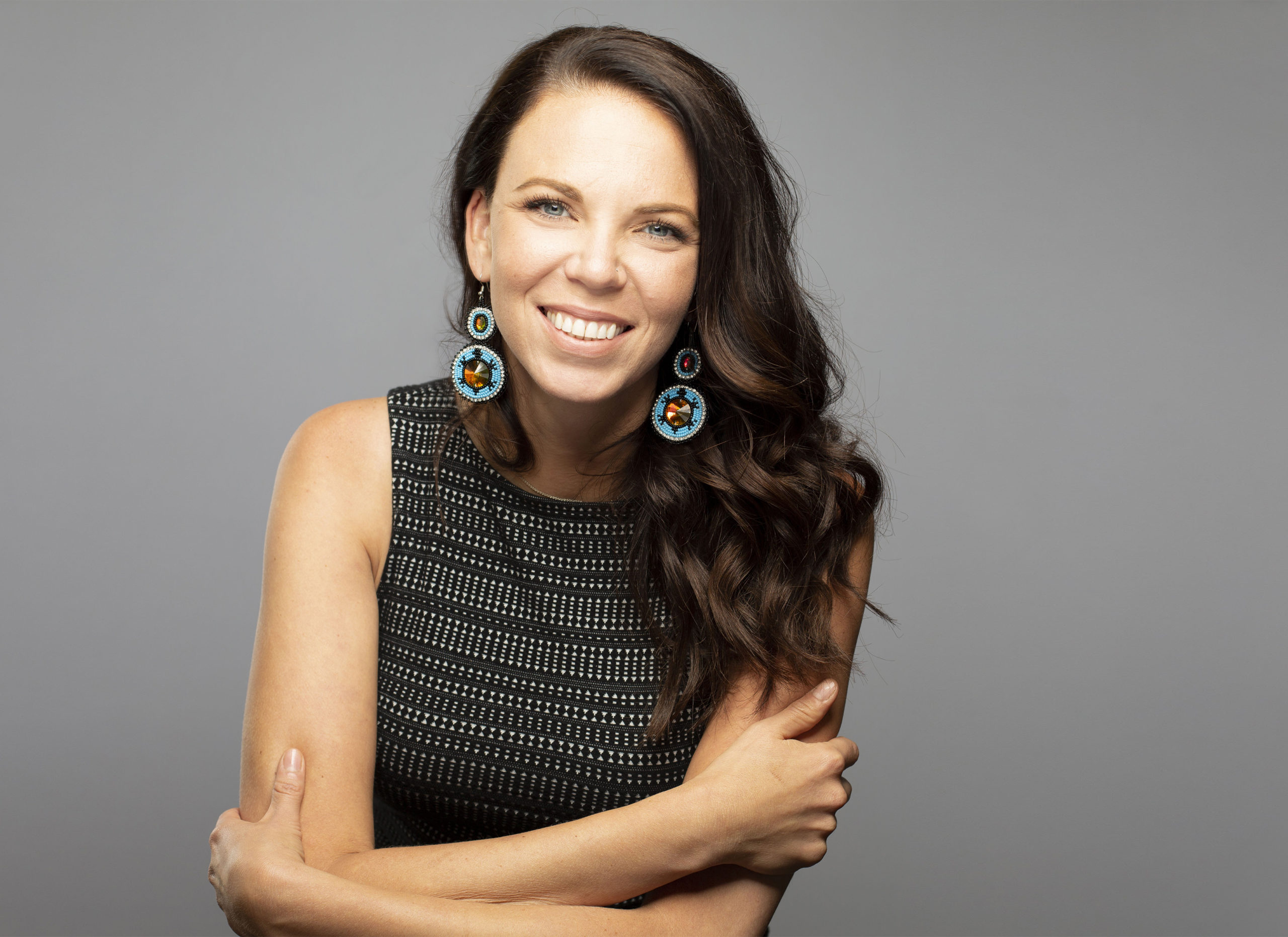Stephanie Clovechok – Beyond the authentic: proving that tourism can be transformative
At a moment when the global tourism industry is being rocked by the COVID-19 pandemic, many people are innovating towards a brighter and more sustainable future. Stephanie Clovechok is one of them.
With her experience as an entrepreneur in the tourism and health & wellness sectors, and in her current role as Vice-President & Director of Destination Innovation at Tourism Saskatoon, Stephanie Clovechok has always taken a wholistic approach to effect change. And she is now at the leading edge of thinking how the tourism industry can be a force for good in the world; leveraging its powerful influence as an actor for regenerative community-building, reconciliation, and environmental stewardship.
This means putting the well-being of the hosts at the core of planning. “All decisions need to be based on people, on the place and the earth as a whole.” says Clovechok. “Healthier relationships will be at the core of finding sustainable solutions.”
For historic sites and other types of visitor destinations, this will require shifting the focus away from simply telling a story or providing an interesting experience. For example, Clovechok is piloting a project to create a social enterprise based on agriculture and food that will engage urban visitors in regenerative farming practices, while contributing to the food security of the local communities. And the carbon footprint of the enterprise’s activities will be measured, actively reduced, and offset.
After more than a decade of talking about “experiential tourism”, Clovechok believes that it is time to foster connections at a deeper level, where visitors understand that they have a role to play in protecting the sites and communities they are visiting. She hopes that this is one of the positive outcomes of the current health crisis and the economic crisis it is creating – that in the not-too-distant future, what will attract people will be mutually beneficial encounters between hosts and visitors that leave both transformed.
This is especially true for the burgeoning Indigenous tourism industry. Clovechok believes tourism is a conduit to reconciliation. In response to the Truth and Reconciliation Commission’s Call to Action #92, tourism operators have an obligation to develop partnerships with Indigenous peoples and organizations to ensure that our diverse culture and our destinations reflect Indigenous values.
A fundamental re-thinking of many parts of the economy – including the tourism industry – is happening around the world. By placing the well-being of individuals and communities above GPD growth, this shifting understanding makes value, not volume, the end goal. Clovechok is participating in a part of this thinking: a Canadian pilot project seeking to redesign the Destination Management field in ways that demonstrably contributes to achieving the United Nations Sustainable Development Goals.
Despite the current fragility of the tourism industry, it is now being forced to adapt extraordinarily quickly to the new social and economic landscape. This is the right time, Clovechok believes, to set a new, more sustainable model in place.


